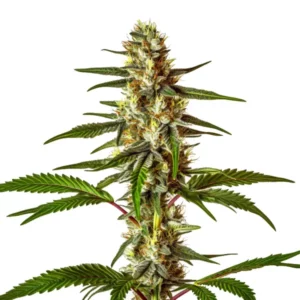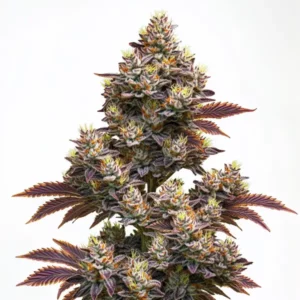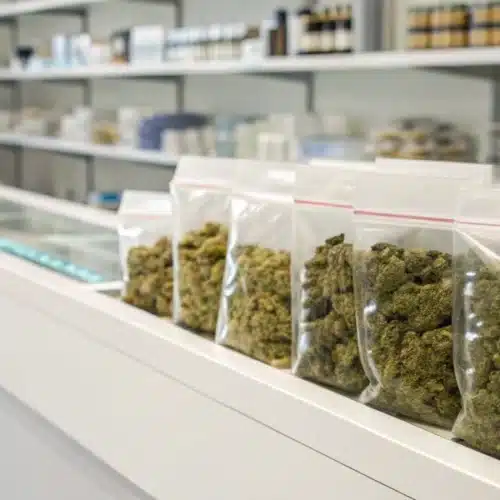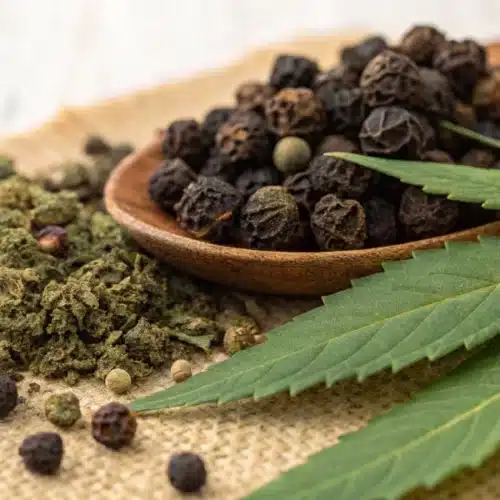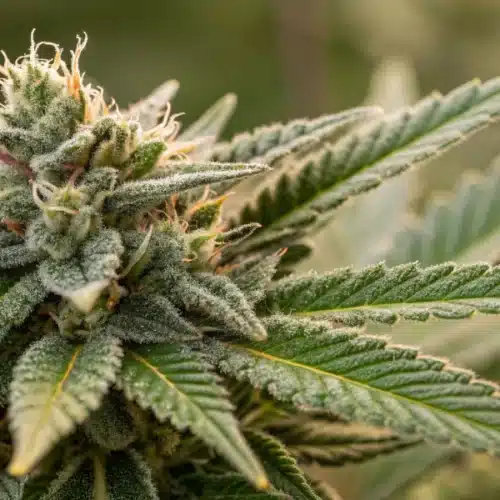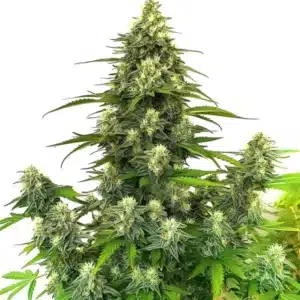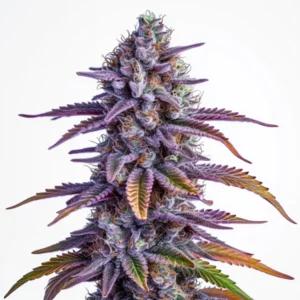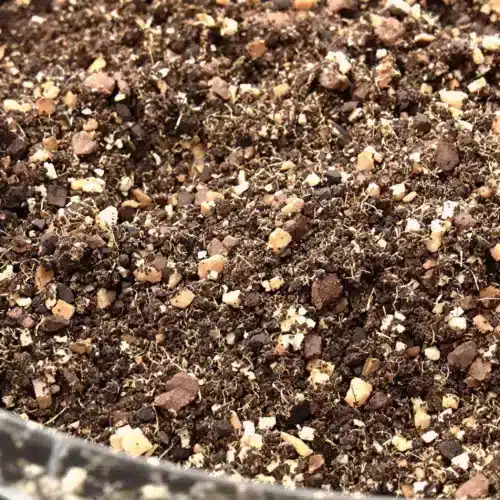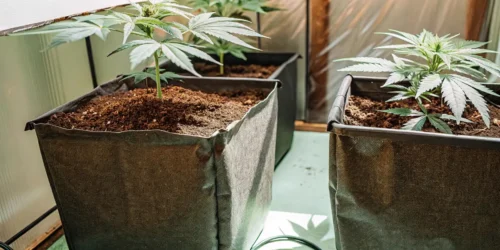Autoflowering cannabis plants have gained immense popularity among growers due to their fast growth and compact size. However, growing these plants successfully requires the right soil composition. Your autoflowers’ soil mixture will determine how well they develop, yield, and thrive in different conditions. This guide will walk you through everything you need to know about crafting and using the best autoflower soil mixture.
What Makes a Good Autoflower Soil Mixture?
Key Characteristics of Soil for Autoflowers
An effective autoflower soil mixture must be lightweight, well-draining, and rich in nutrients. Autoflowers have a relatively short life cycle, so they need a soil mix that supports rapid growth and strong root development. Good soil for autoflowers should retain moisture without becoming waterlogged and allow adequate airflow for healthy roots. Additionally, the soil pH should ideally range between 6.0 and 6.5. This ensures the plant’s roots can absorb the essential nutrients necessary for proper growth.
At this stage, creating a balance of organic matter and aeration-enhancing components ensures your plants will thrive. The soil should also be free of contaminants, pests, or other harmful elements that could hinder plant health.
Why Autoflowers Need a Specific Soil Mix
Unlike photoperiod cannabis plants, autoflowers transition to the flowering stage without a change in light cycles. This quick timeline means they have less time to recover from mistakes, such as nutrient imbalances or poor soil conditions. A tailored autoflower soil mixture reduces the risk of stunted growth or low yields, ensuring your plants stay on track.
Additionally, autoflowers tend to be more sensitive to nutrient overload. A properly prepared soil mix prevents issues like nutrient burn while ensuring the plants get everything they need at the right time.
Common Mistakes When Choosing Soil for Autoflowers
One common mistake when choosing autoflower potting soil is using dense, compact mixes that restrict root development and drainage. Another error is overloading the soil with nutrients, which can lead to nutrient burn in these smaller plants. Finally, many growers overlook the importance of aeration, resulting in poor oxygen levels around the roots.
Avoiding these pitfalls ensures that your autoflowers will reach their full potential without unnecessary setbacks.
Promos & Deals
Essential Components of an Autoflower Soil Mixture
Organic Matter: Compost and Humus
Compost and humus are the backbone of a nutrient-rich autoflower soil mixture. They provide essential nutrients such as nitrogen, phosphorus, and potassium. Additionally, they enhance microbial activity, which helps break down organic matter for easier nutrient uptake. Using organic compost also supports long-term soil health, ensuring your autoflowers have a steady supply of nutrients throughout their lifecycle.
Incorporating humus not only improves the soil structure but also increases its water retention capacity. This is particularly beneficial for autoflowers, which require consistent hydration.
Perlite and Vermiculite for Aeration
These are essential for improving soil aeration and drainage. Perlite, a volcanic mineral, keeps the soil lightweight and prevents it from compacting, while vermiculite retains moisture to keep roots hydrated. A mix of both ensures your autoflowers’ roots have access to oxygen and water without risk of overwatering.
Using these components in the right proportions can significantly enhance root health, leading to more vigorous plant growth and higher yields.
Coco Coir: Retaining Moisture Without Overwatering
Coco coir, derived from coconut husks, is an excellent addition to any autoflower soil mixture. It retains moisture effectively while preventing waterlogging, making it ideal for maintaining consistent hydration levels. Coco coir also provides a neutral pH, which complements other soil components.
Additionally, coco coir is resistant to compaction and supports root aeration, creating a healthier environment for your plants to thrive.
pH Levels for Optimal Nutrient Uptake
Maintaining the correct pH in your soil is crucial for nutrient absorption. If the soil pH is too high or low, your autoflowers may struggle to access essential nutrients. Regularly test the pH of your soil and water, adjusting with pH up or down solutions as needed to stay within the optimal range.
This proactive approach ensures that your autoflowers remain healthy and continue to grow without interruption.
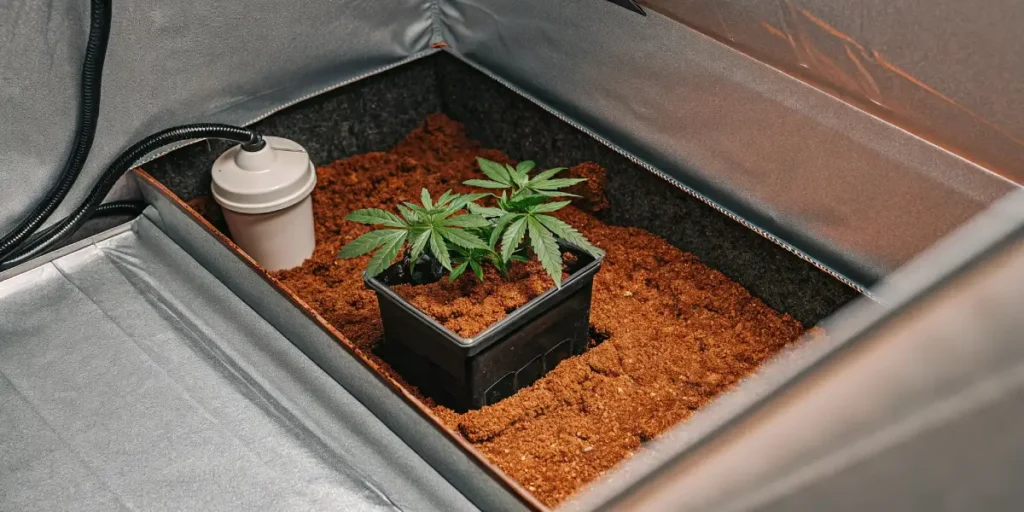
DIY Autoflower Soil Mixture Recipes
Beginner-Friendly Soil Mixture Recipe
For new growers, a simple autoflower soil mixture includes:
- 40% organic compost.
- 30% coco coir.
- 20% perlite.
- 10% worm castings.
This blend provides a balance of nutrients, aeration, and moisture retention, making it easy to manage for beginners. The inclusion of worm castings adds essential micronutrients that promote robust root development.
Advanced Soil Mix for Maximum Growth
Experienced growers may opt for a more advanced recipe:
- 30% organic compost.
- 30% coco coir.
- 20% perlite.
- 10% vermiculite.
- 10% bat guano or fish meal.
This mix ensures a steady nutrient supply while maximizing aeration and root health. It’s perfect for growers who want to push their autoflowers to their full potential.
Organic Autoflower Soil Blend
For growers who prefer organic methods:
- 40% organic soil base.
- 30% coco coir.
- 20% aged compost.
- 10% biochar.
This blend is perfect for sustaining long-term soil fertility while meeting the nutritional needs of autoflowers. The biochar also enhances microbial activity, boosting overall soil health.
Pre-Made Soil Mixes for Autoflowers
Best Commercial Soil Mixes for Autoflower Cannabis
Several commercial soil brands offer pre-made mixes tailored for cannabis. If you’re looking for an effective autoflower soil recipe, these options—often labeled as “organic” or “super soil”—can deliver optimal results. They are usually enriched with essential nutrients and amendments, saving you time and effort.
High-quality commercial mixes provide a reliable foundation for your autoflowers without requiring additional preparation.
Comparing Organic vs. Synthetic Soil Mixes
Organic soil mixes rely on natural components, such as compost and worm castings, to provide nutrients. Synthetic mixes, on the other hand, are infused with chemical fertilizers. While both can be effective, organic soils are more sustainable and better for the environment.
Choosing between these options depends on your growing preferences and goals, with organic options offering long-term benefits for your plants and the ecosystem.
Budget-Friendly Options for Pre-Made Soil
If you’re on a budget, consider buying base soil and enriching it with amendments like perlite and compost. Many affordable pre-made mixes also offer good drainage and moderate nutrient levels, making them suitable for autoflowers.
This approach allows you to customize your soil mix without breaking the bank while ensuring optimal growing conditions.
Tips for Preparing Your Autoflower Soil Mixture
Sterilizing Soil to Eliminate Pests
Before planting, sterilize your soil to kill any pests or pathogens. This can be done by baking the soil in an oven at 180°F for 30 minutes. Sterilized soil reduces the risk of pest infestations and diseases. By starting with a clean soil base, you ensure that your autoflowers grow in a safe and healthy environment, free from harmful contaminants.
Adding Nutrients Without Overloading the Soil
Start with a light nutrient mix and gradually increase as your plants grow. Overloading the soil with nutrients can lead to nutrient burn, which is particularly harmful to autoflowers. A slow and steady approach ensures that your plants receive exactly what they need.
Adjusting the Soil Texture for Better Root Development
Ensure your soil mixture is loose and airy. Adding perlite, vermiculite, or coco coir can improve the soil’s texture, allowing roots to spread more easily and absorb nutrients effectively.
This adjustment promotes strong root systems, which are essential for healthy and productive plants.
Maintaining Your Autoflower Soil Mixture
Ensuring Proper Drainage and Water Retention
Well-draining soil prevents waterlogging, which can suffocate roots. Perlite and coco coir are excellent for balancing drainage and water retention, ensuring your plants stay hydrated without becoming waterlogged. Maintaining this balance is key to preventing root rot and other water-related issues in your autoflowers.
Monitoring Soil pH During the Growth Cycle
Regularly test your soil’s pH to ensure it remains within the optimal range. If the pH drifts too far, adjust it using organic pH up or down products to maintain healthy nutrient uptake. Consistent pH monitoring ensures your plants receive all the nutrients they need to thrive.
Using Microbes to Enhance Soil Health
Introducing beneficial microbes, such as mycorrhizae, can improve nutrient absorption and root health. These microbes create a symbiotic relationship with your plants, boosting overall growth and resilience. Microbial activity enhances soil fertility and promotes stronger, healthier autoflowers.
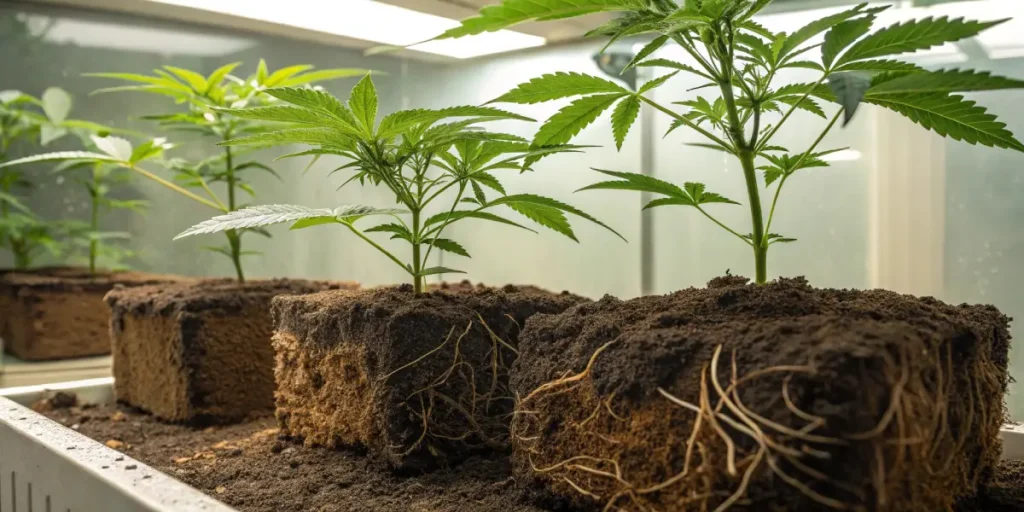
FAQs About Autoflower Soil Mixtures
Can I use regular potting soil for autoflowers?
While regular potting soil can work, it may not provide the optimal drainage and nutrient levels required for autoflowers. Enhancing it with perlite, coco coir, and organic compost ensures better results.
How often should I water autoflowers in soil?
Water autoflowers when the top inch of soil feels dry. Overwatering can lead to root rot, so it’s crucial to allow the soil to dry out slightly between waterings.
Do autoflowers need nutrient-rich or low-nutrient soil?
Autoflowers thrive in moderately nutrient-rich soil. Starting with a light nutrient mix and gradually increasing feeding as the plant grows helps prevent nutrient.

